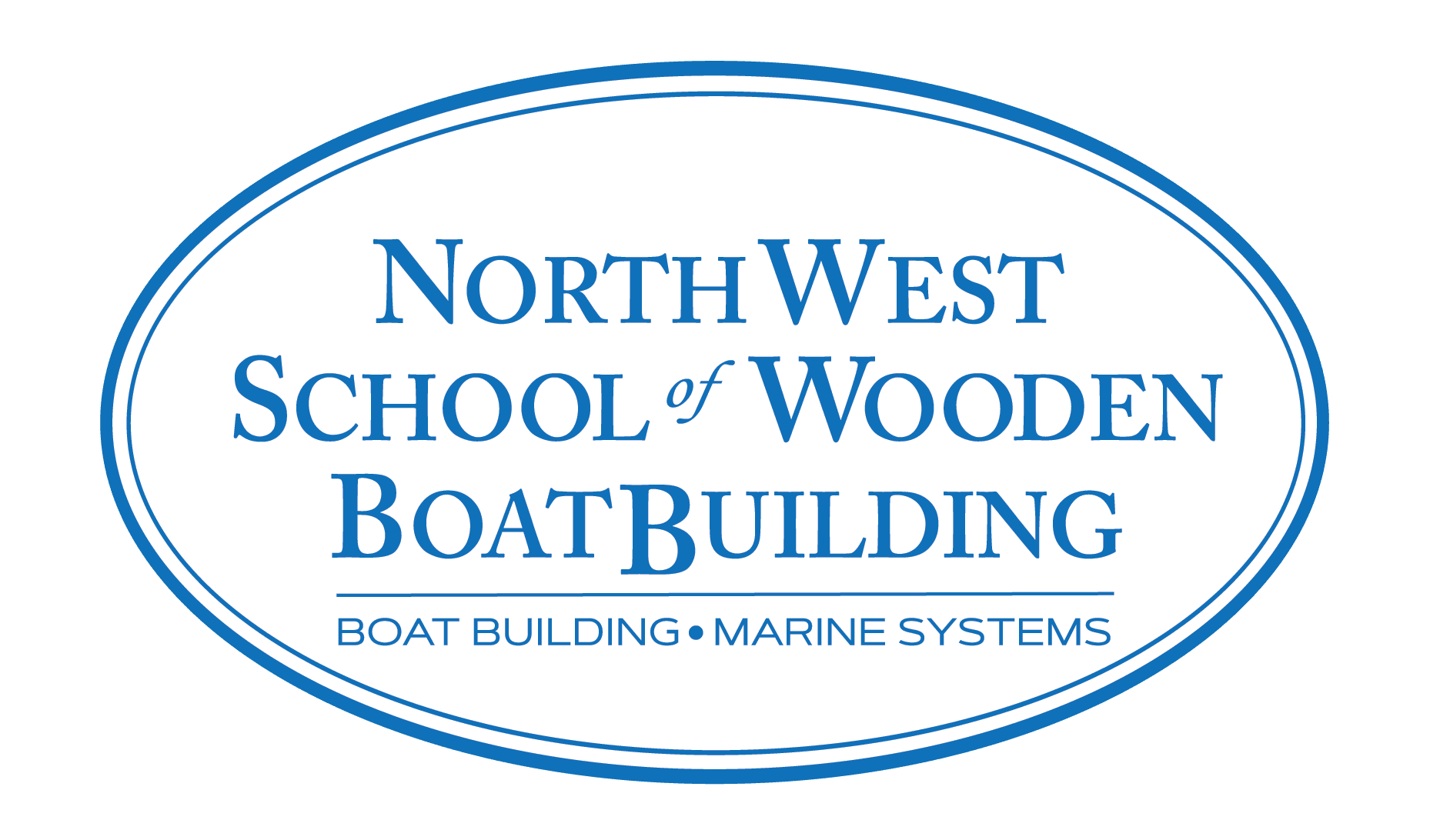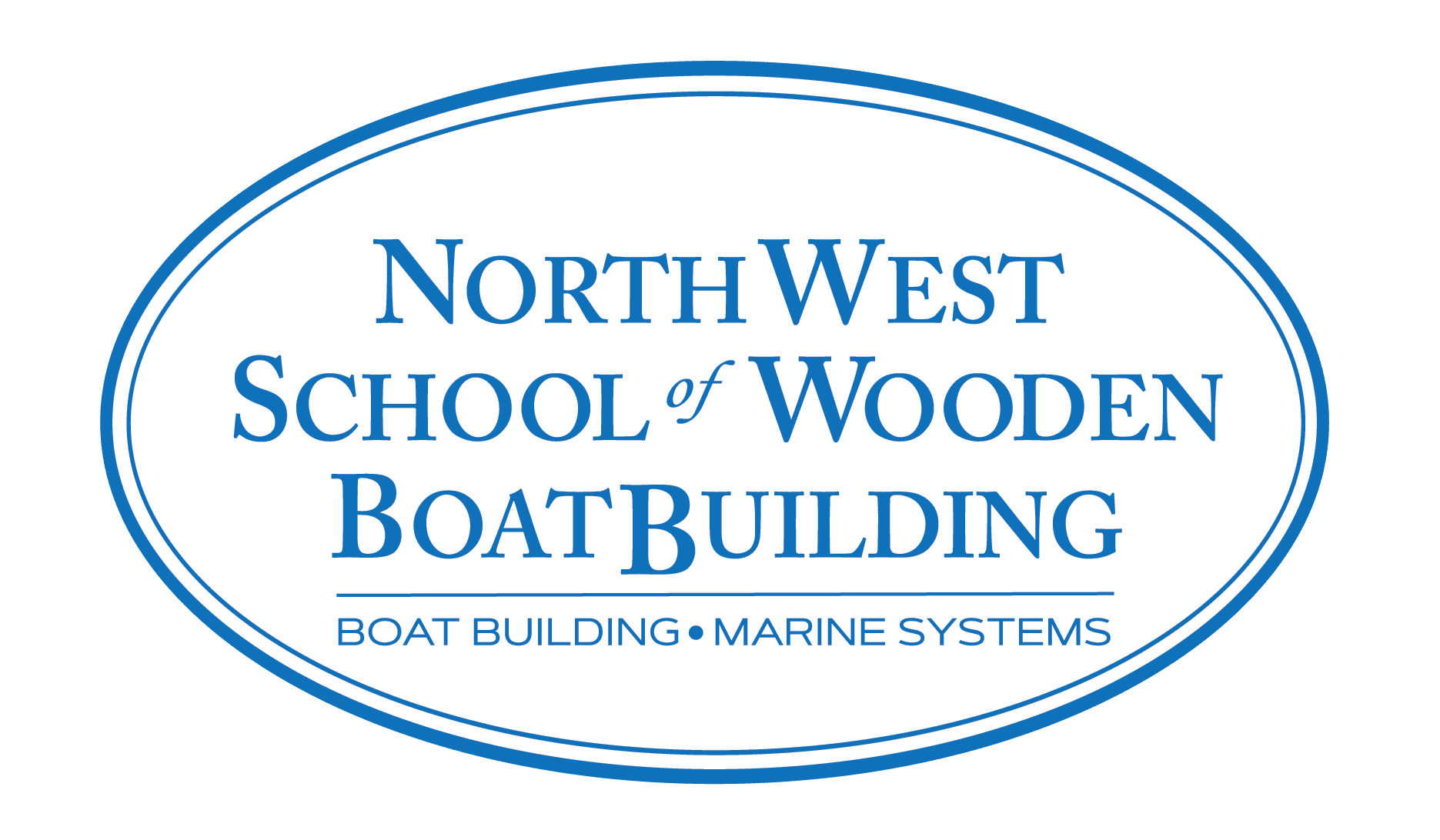The Boat School’s Marine Systems program was launched in 2018 to address the critical shortage of skilled marine systems technicians in the Pacific Northwest. How is the school delivering on that promise?
Graduates of our 6-month program are the best proof-of-concept that this is the place to go whether you have some technical knowledge and experience in the marine industry and want to expand your skillset or are just starting out. Maritime employers and boat owners from Port Townsend to Port Angeles and beyond know that we’re building the next generation of marine systems technicians to service their vessels and keep them operating safely and with turnkey reliability. Our students are up to date on the new National Electric Code 555.3 ground fault protection requirements and know how to identify and address potentially hazardous electrical situations. Graduates of the program are in high demand from an industry that has a critical need for trained marine technicians.
What distinguishes your program from others?
Our program is hands-on and competency-based. That means students have to demonstrate that they can perform core tasks before they graduate to the next system. Our students get hands-on practice in a controlled shop environment then do field training on a variety of boats, ranging from fish boats to recreational boats to commercial boats to historic vessels including the 133’ schooner Adventuress and the Turner Joy, a 407’ Destroyer built at Puget Sound Bridge & Dredging Company in Seattle and launched in 1958.
How do you keep up with industry standards and best practices?
We are fortunate to have an active Program Advisory Committee (PAC) at the Boat School, including boat builders, marine systems technicians, equipment suppliers, and a variety of others who represent a broad sweep of the marine industry. They and other marine industry experts give us ongoing input on the curriculum, donate equipment to our marine systems shop, and participate on employer panels, and host field trips. We are also grateful to guest lecturers such as Wayne Kelso, who spent 12 years as the electrical engineer at Blue Sea Systems; Gordon Lacey, another EE who teaches about NMEA 0183 and 2000; Marc Adams from Demetic (formerly Sea Star); and to Eric Hinze and Graham Milgate from Sure Marine for bringing their many years of HVAC expertise.
How would you describe the typical student in the Marine Systems program?
Students vary in life and work experience. Some are just entering the workforce. Others are transitioning from the military or from desk jobs to something more aligned with their interests. All are highly motivated. A lot of it has to do with their passion for boats and a desire to be self-sufficient. They want to be able to repair things and apply those skills to make a living.
How has the pandemic affected the Marine Systems Program at NWSWB?
If anything, the pandemic has heightened interest in occupations that support key sectors of the economy. We have a significant waiting list for the next Marine Systems program starting in April 2021. At a time when so many businesses are contracting or going out of business, it’s a testament to the organization and the need for skilled marine systems technicians that we’re expanding. On a personal level – living on the water and working at a waterfront campus, it’s great to see maritime businesses thriving. I can look out my window and see how many boats are at anchor out here. During these trying and uncertain times, people are getting out on the water and getting close to nature. We help them do that safely.
Many thanks to the Northwest Marine Trades Association for this interview.


